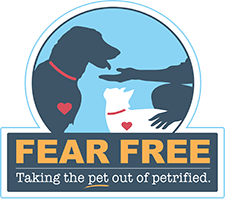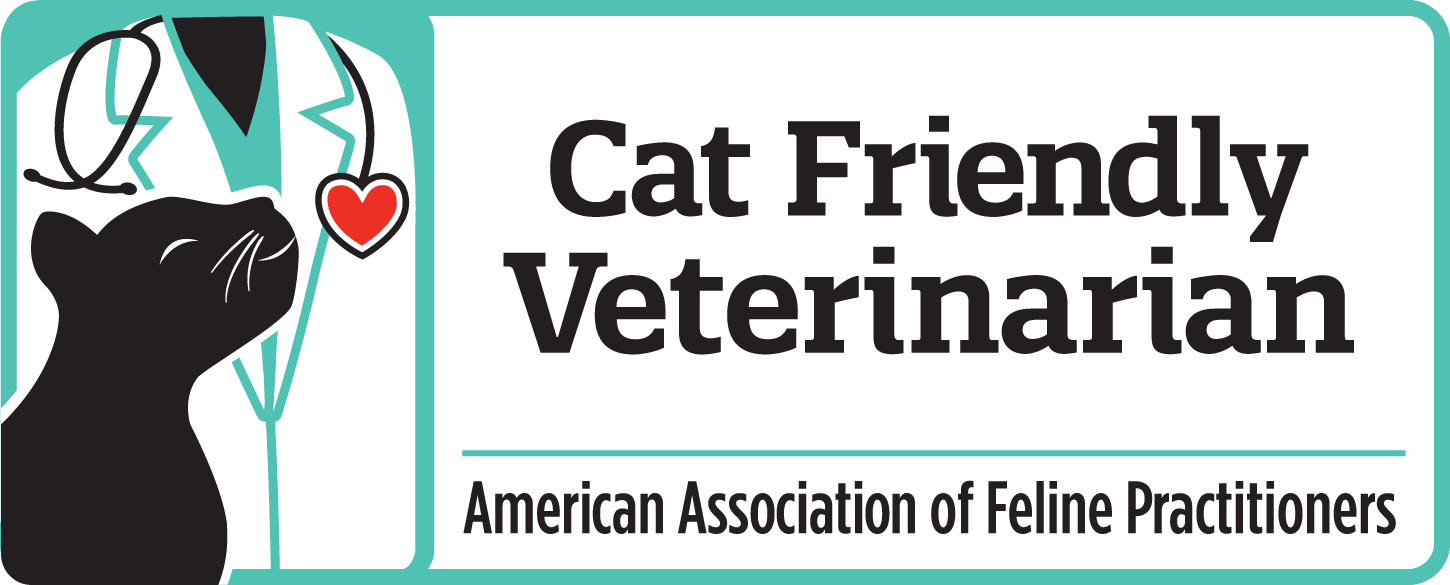 A microchip is an extremely simple, relatively inexpensive device that can bring your pet home safely. Veterinary microchipping provides your pet with a form of identification that cannot be lost or taken off. So, whether your pet is lost, stolen, or just goes for an unauthorized jaunt around Oklahoma City, a microchip will always be with them. Lakeview Pet Hospital can help prevent a lost pet with their services.
A microchip is an extremely simple, relatively inexpensive device that can bring your pet home safely. Veterinary microchipping provides your pet with a form of identification that cannot be lost or taken off. So, whether your pet is lost, stolen, or just goes for an unauthorized jaunt around Oklahoma City, a microchip will always be with them. Lakeview Pet Hospital can help prevent a lost pet with their services.
How Microchips Work
Microchips are tiny radio frequency identification devices (RFID) encased in a glass shell. They are about the length of a grain of rice but somewhat smaller in diameter and inserted beneath the skin with a large hypodermic needle by your veterinarian. The chip itself is essentially a barcode. It contains only an identifying number that must be registered with the microchip company, and it has no battery to wear out.
Once your pet is microchipped, your veterinarian will give you the number and a form to fill out. You submit the number and your contact information to the registration database, which is how your pet can be identified if he or she ever gets lost. The only purpose of the database is to contact you if your pet is ever found, so you can decide how much information to provide. However, if you do not have at least one valid way to contact you listed in the database, the microchip will be useless.
Benefits of Microchips
Dogs and cats get lost a lot in this country and most of them do not make it home to their owners. Microchipped dogs make it home to their owners up to 74 percent of the time, versus approximately 13 percent of the time for unchipped dogs. Cats experience an even more staggering difference in return rates, with 38 percent of chipped cats being returned home versus under 2 percent of unchipped ones.
A microchip is more permanent than a tattoo because it cannot grow faded with age and is unlikely to be damaged due to scarring. Microchips also have a centralized database that provides an easy way to contact you when your pet is found, unlike a tattoo. In addition, microchipping appears to cause very little discomfort for the pet and can be done at almost any time. If you are still concerned about discomfort, your veterinarian can microchip your pet while they are under anesthesia for some other purpose.
Microchip scanners are present at most animal shelters and humane societies these days. Many private veterinarians also have these scanners. The widespread adoption of microchip technology means that even dogs and cats that are taken in by good Samaritans and never make it to the shelter can be scanned and returned to their owners.
Lakeview Pet Hospital Provides Microchipping Services
Here at Lakeview Pet Hospital in Oklahoma City, we provide many services to keep your pet happy and healthy. To help this happen, we provide microchipping services to all of our clients. Call us at 405-848-2483 to make an appointment at our AAHA accredited facility today.






